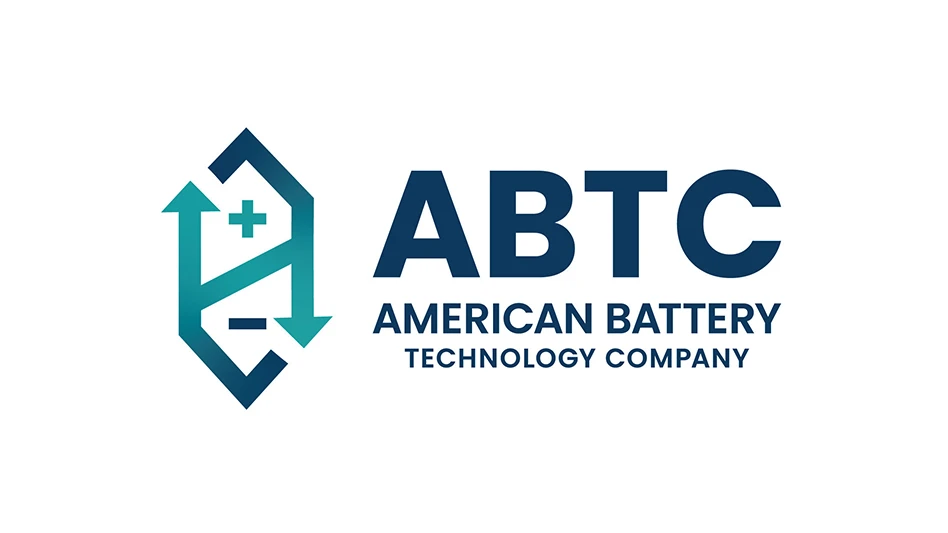Doosan Infracore enters Hyundai fold

The sale of Doosan Infracore to Hyundai Heavy Industries Holdings Co. (HHIH) closed Aug. 19, according to a news release issued by Doosan Infracore’s Suwanee, Georgia, office.
Doosan Infracore says it will become a subsidiary of the newly created Hyundai Genuine (HG) group alongside Hyundai Construction Equipment (HCE). They will be “two independent construction equipment companies under HHIH.”
HG will act as the intermediary company of HHIH Group’s construction equipment businesses with the intention of allowing both business units to “combine as a global top player, putting us much closer to achieving the goal of becoming a global top-five player.”
The plan is to manage overlapping investments and to invest heavily in areas that include future technologies and innovation, according to Hyundai. “Doosan Infracore will be working diligently to commercialize Concept-X and develop cutting-edge products, such as electric excavators, battery packs, hybrid fuel cells and other next-generation products,” according to Hyundai.
“Independently, the two companies will grow together, complement each other, even compete in good faith in all areas, including technology, production, purchasing, sales and quality,” Doosan Infracore says. “This will enable our business to expand and associate with other companies operated by the whole HHIH group.”
Doosan Infracore North America LLC markets the Doosan brand of products, which includes crawler excavators, wheeled excavators, mini excavators, wheel loaders, articulated dump trucks, material handlers, log loaders and attachments, through more than 160 dealer locations in North America.
HCE, which has its North American office in Norcross, Georgia, manufactures some of the same material handling products that Doosan Infracore does in addition to offering a forklift truck line.
Kadant acquires Balemaster

Kadant Inc., a technology manufacturer based in Westford, Massachusetts, has acquired Balemaster, a Crowne Point, Indiana-based manufacturer of horizontal balers used in the recycling industry, for $54 million in cash. Balemaster will become part of Kadant’s Material Handling reporting segment.
According to a news release from Kadant, Balemaster’s revenue for the past 12 months ended June 30 was approximately $22 million.
During an Aug. 24 conference call about the purchase, Kadant CEO Jeffery Powell said the company had been interested in acquiring Balemaster for four years because of its focus on the packaging recycling market.
Powell said the acquisition also allows Kadant to expand its North American operations to support its Germany-based businesses that supply large multistream machines to material recovery facilities in the region.
“Our acquisition of Balemaster expands our presence in the secondary material processing sector and creates new opportunities for leveraging our high-performance balers produced in Europe,” Powell says in the news release announcing the acquisition. “The company is a market leader in North America, and its strong aftermarket business fits well with Kadant.”
Powell says Balemaster will continue to operate as a stand-alone company under the decentralized business model that Kadant uses.
“We are proud of the strong brand and market presence Balemaster has built over the past 75 years,” says Cornel Raab, president of Balemaster. “Kadant is a world-class company with a similar culture and values as our family-built business, and we believe it is a great home for our company and employees.”
BHS to supply MRF system in Oklahoma

Oklahoma-based American Waste Control (AWC) has selected Eugene, Oregon-based Bulk Handling Systems (BHS) to supply a replacement for the company’s single-stream recycling system that was damaged by a fire this spring.
Sponsored Content
Still relying on manual sorters?
Let AI do the heavy lifting. Waste Robotics delivers reliable, high-performance robots tailored for complex waste streams. They require minimal maintenance, are easy to operate, and are designed to boost your recovery rates. Smarter sorting starts with the right partner. Waste Expo Booth #1969 & REMA #2843
Click here to see our robots in action!Sponsored Content
Still relying on manual sorters?
Let AI do the heavy lifting. Waste Robotics delivers reliable, high-performance robots tailored for complex waste streams. They require minimal maintenance, are easy to operate, and are designed to boost your recovery rates. Smarter sorting starts with the right partner. Waste Expo Booth #1969 & REMA #2843
Click here to see our robots in action!Sponsored Content
Still relying on manual sorters?
Let AI do the heavy lifting. Waste Robotics delivers reliable, high-performance robots tailored for complex waste streams. They require minimal maintenance, are easy to operate, and are designed to boost your recovery rates. Smarter sorting starts with the right partner. Waste Expo Booth #1969 & REMA #2843
Click here to see our robots in action!Sponsored Content
Still relying on manual sorters?
Let AI do the heavy lifting. Waste Robotics delivers reliable, high-performance robots tailored for complex waste streams. They require minimal maintenance, are easy to operate, and are designed to boost your recovery rates. Smarter sorting starts with the right partner. Waste Expo Booth #1969 & REMA #2843
Click here to see our robots in action!Sponsored Content
Still relying on manual sorters?
Let AI do the heavy lifting. Waste Robotics delivers reliable, high-performance robots tailored for complex waste streams. They require minimal maintenance, are easy to operate, and are designed to boost your recovery rates. Smarter sorting starts with the right partner. Waste Expo Booth #1969 & REMA #2843
Click here to see our robots in action!Sponsored Content
Still relying on manual sorters?
Let AI do the heavy lifting. Waste Robotics delivers reliable, high-performance robots tailored for complex waste streams. They require minimal maintenance, are easy to operate, and are designed to boost your recovery rates. Smarter sorting starts with the right partner. Waste Expo Booth #1969 & REMA #2843
Click here to see our robots in action!Sponsored Content
Still relying on manual sorters?
Let AI do the heavy lifting. Waste Robotics delivers reliable, high-performance robots tailored for complex waste streams. They require minimal maintenance, are easy to operate, and are designed to boost your recovery rates. Smarter sorting starts with the right partner. Waste Expo Booth #1969 & REMA #2843
Click here to see our robots in action!BHS says the new material recovery facility (MRF) system in Tulsa, Oklahoma, will boost throughput by 33 percent and increase AWC’s targeted recovery on its fiber and container lines with the addition of the latest BHS optical and robotic sorting technologies.
The design includes BHS “no-wrap” Tri-Disc screens, National Recovery Technology (NRT) optical sorters and Max-AI artificial intelligence (AI) technologies. Nine Max-AI AQC (Autonomous Quality Control) robotic sorters will identify and pull residue and return recyclables from sort positions.
“The industry has changed, and this new system will bring Tulsa to the forefront of recycling excellence,” says AWC Vice President of Recycling Robert Pickens. “BHS offers the overall quality, partnership and advanced technology to help AWC achieve the throughput and quality to meet our business goals. We believe the future of recycling will rely heavily on using technology and data to optimize performance, and the Max-AI and NRT equipment in this system will deliver that for our operation.”
He says AWC is “confident that this innovative technology will empower us to meet recycling expectations for our community and for our business.”
Paul Holman of BHS says, “This single-stream system is an excellent example of new technology being used to adapt to change in the industry. The system features proven screen technology to increase throughput and precisely present material downstream to NRT and Max-AI sorters to maximize both recovery and product purity.”
Get curated news on YOUR industry.
Enter your email to receive our newsletters.

Explore the October 2021 Issue
Check out more from this issue and find your next story to read.
Latest from Recycling Today
- SWACO rolls out new commercial recycling and food waste programming
- Updated: Matalco to close Canton, Ohio, plant
- Metso launches electric Anode Weighing and Casting Machine
- Circular by Shapiro releases '5 for Five' sustainability series
- Graphic Packaging set to close Ohio CRB facility
- Ameripen voices support for Maryland EPR bill
- Maryland county expands curbside recycling to include electronics
- California EPS ban will be enforced






